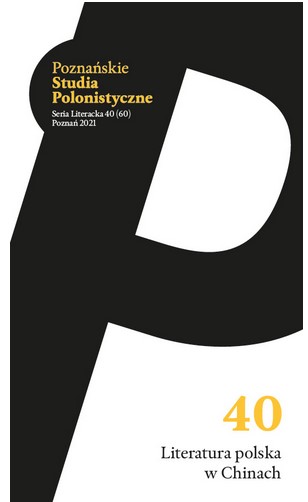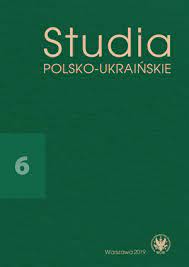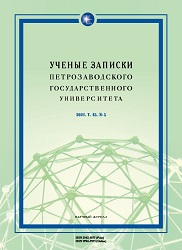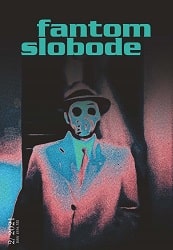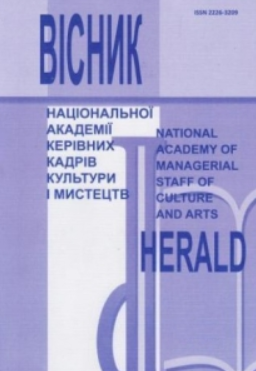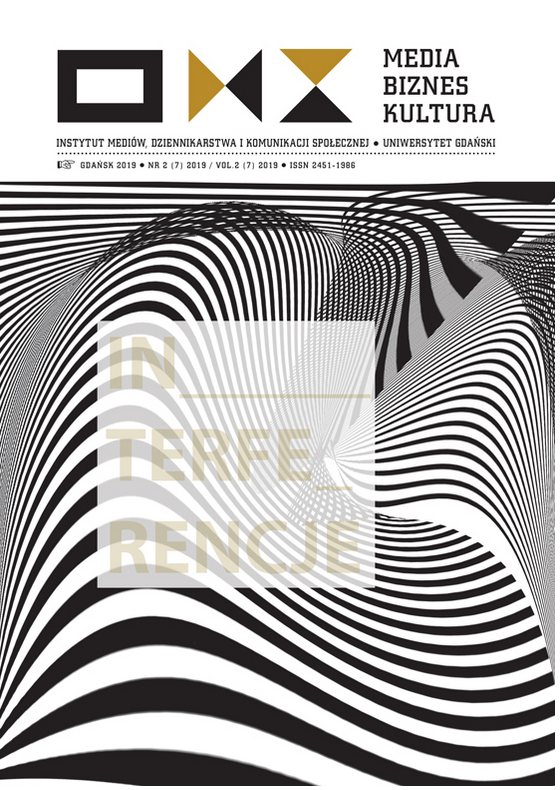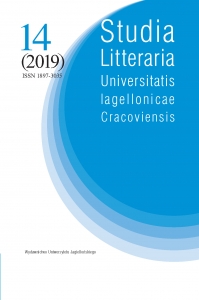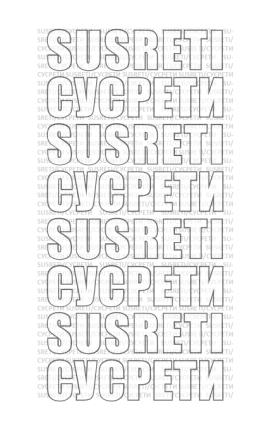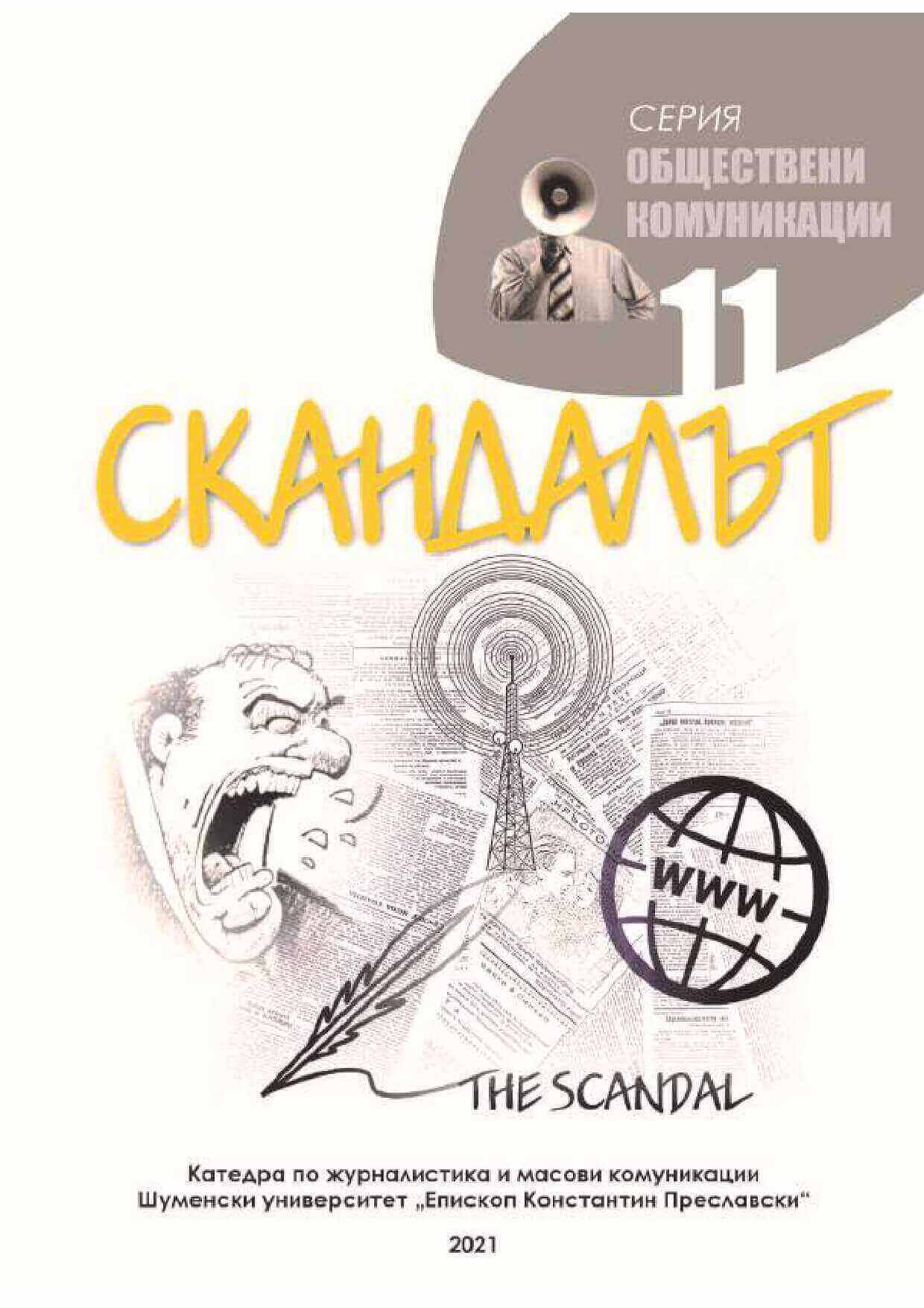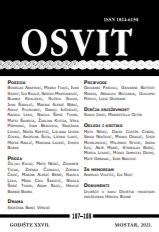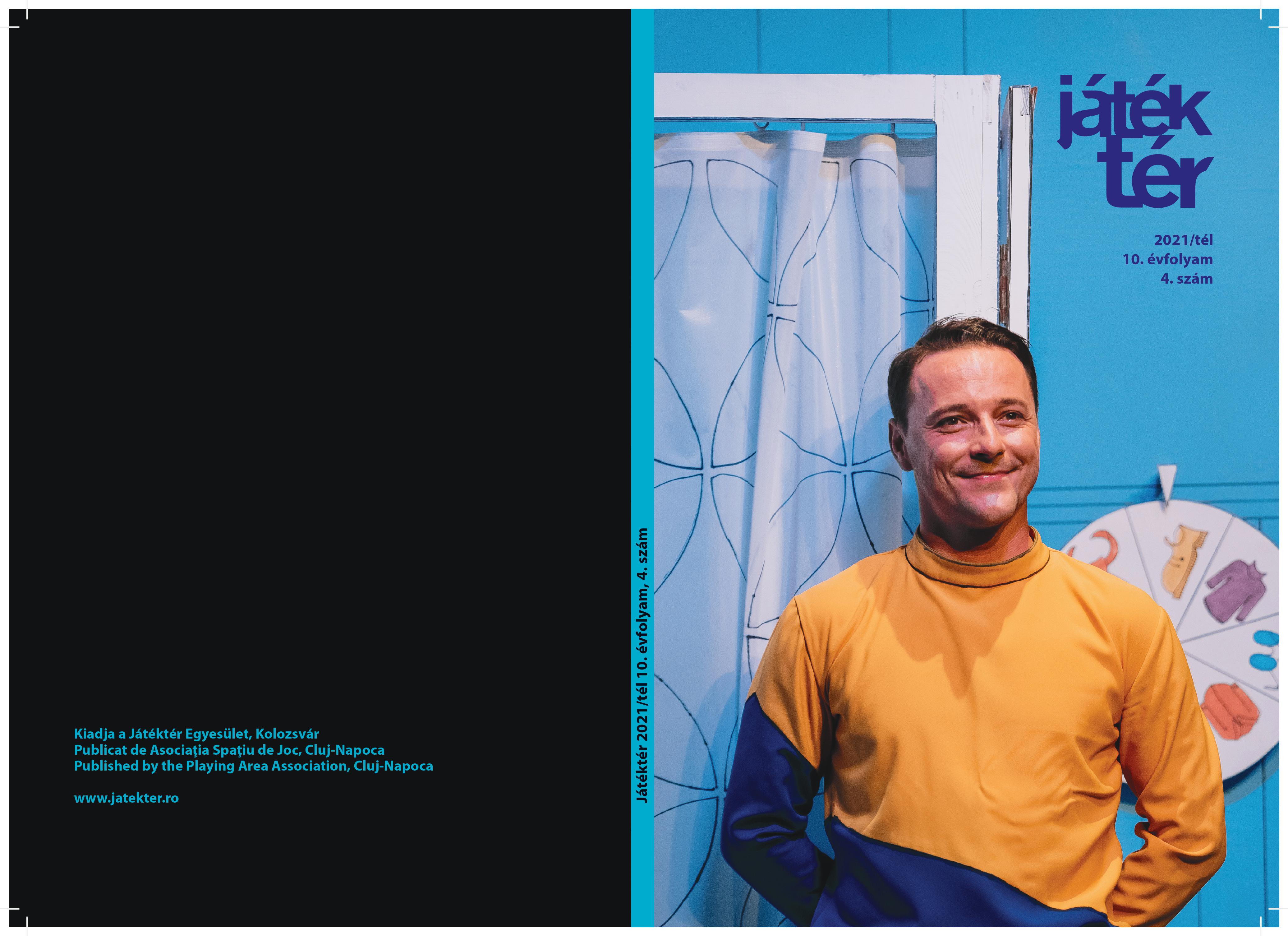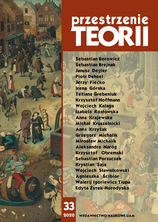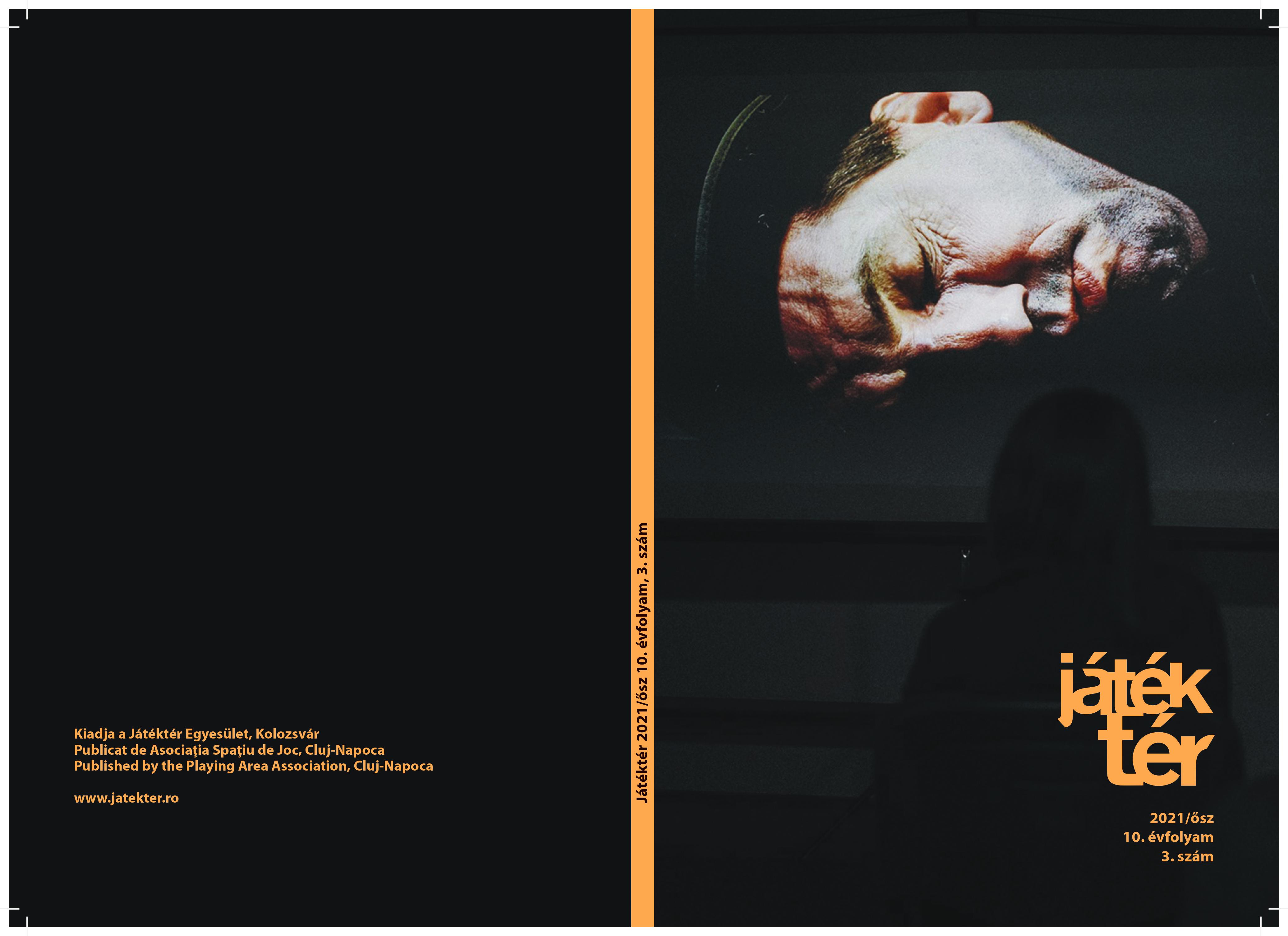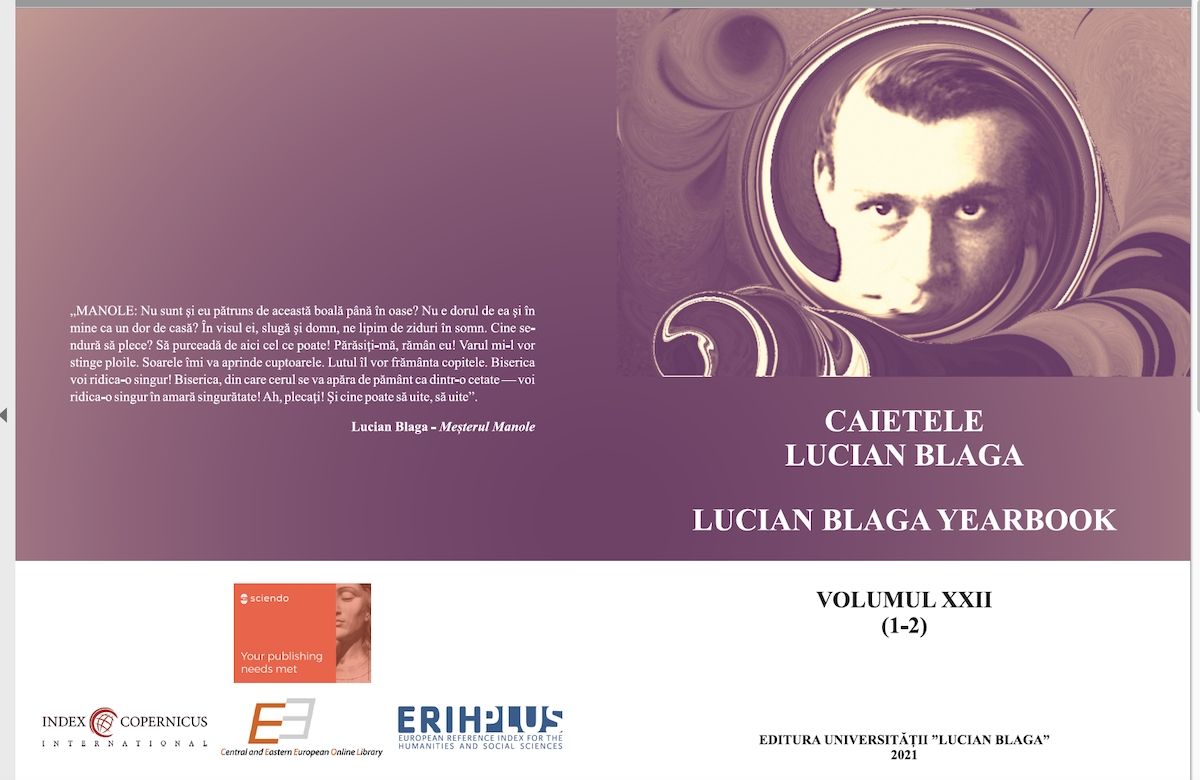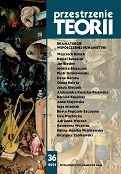God and Earth in Elechi Amadi’s Science Fiction
Elechi Amadi’s reputation, as one of Africa’s significant writers of Nigerian extraction, has been firmly established by his novels. The Concubine, The Great Ponds, The Slave, and Estrangement are well known. In about five decades of his artistic career, till his death in 2016, Amadi maintained an image of excellence. His fiction, non-fiction, plays, and poems indicate that he has produced works that have abiding resonance. In 2011, he published When God Came, his last and perhaps least known work. It is science fiction, comprising two parts. This essay examines the depiction of God, the earth, and speculative science in Amadi’s last work.
More...
